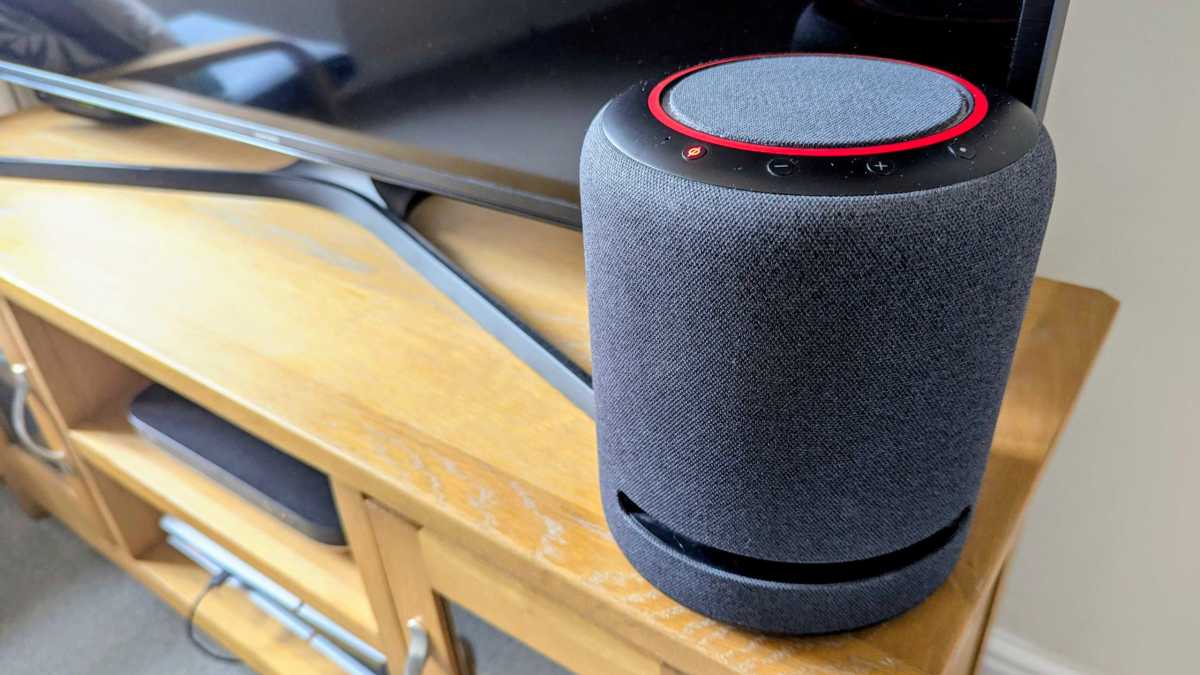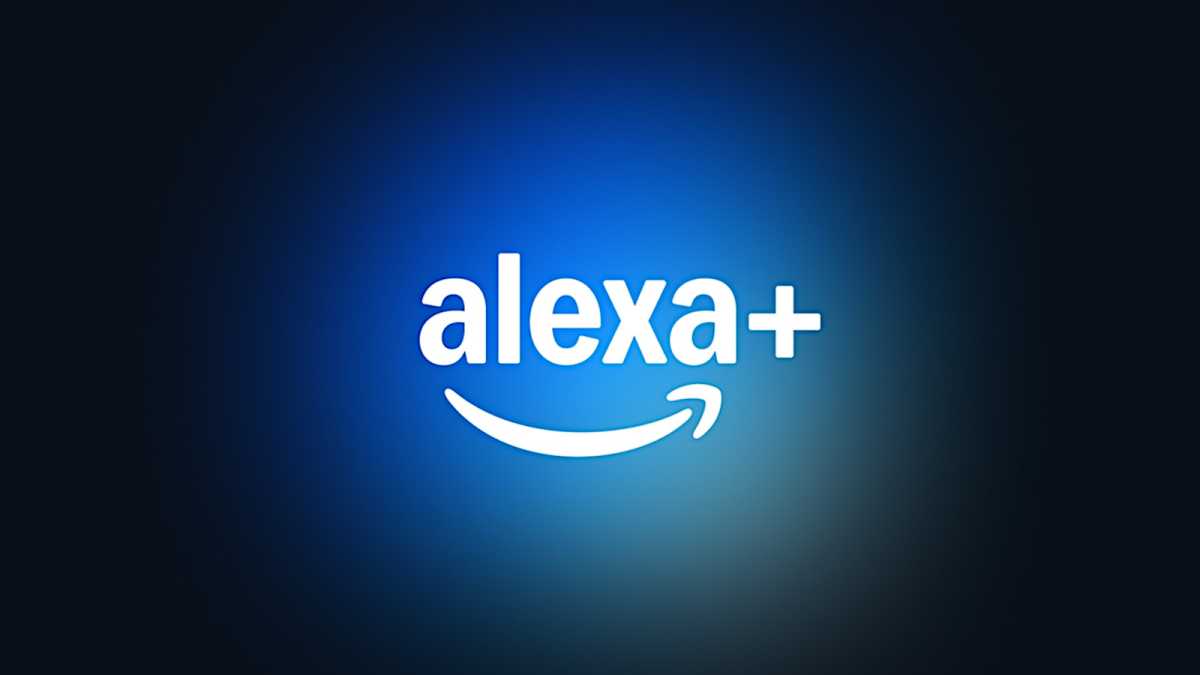When Amazon first released the Echo smart home speaker and Alexa voice assistant, I was incredibly excited. It felt like a true evolution of technology, something straight out of science fiction from decades past. Here it was, a real product that you could buy and own.
Sure, the Echo itself was ostensibly just a speaker, but the underlying Alexa ecosystem made it so much more. It was smart, functional, and a step in the right direction for forward-thinking people looking to build a smart home.
But now, ten years after its launch, the Alexa platform seems to have run out of steam. I used to use my Echo all the time, but not anymore. Here's what happened and what could bring me back.
I was an early user of Alexa
The first Echo speaker I bought was the first-generation tall plastic model, which arrived in the UK in 2016. A year later, I bought the second generation model for my office. Finally, in 2019, I received an Echo Studio as a Christmas gift, which took pride of place in my living room, while the original Echo moved into my bedroom.
I've used Echo speakers for a variety of things over the years. The main one was always listening to music, especially during the COVID quarantine when I stayed at home for a long time. Being able to ask Alexa to stream (or switch) songs on Spotify by simply saying a command was a godsend. It really helped pass the time.
But I've also used Alexa to relay weather forecasts for the coming week, give summaries of the day's news headlines, explain the meaning of words and concepts, answer simple questions that pop into my head, and even play games from time to time.
Dave Parrack / Foundry
And this doesn’t mean that I’m a full-fledged smart home fan! I liked the idea of a smart home, but never fully embraced the concept, but even I was able to make cool things with Alexa-controlled smart bulbs. For example, I programmed them to turn on at certain times of day throughout the year. Yes, I've gotten a lot of use out of my Echo devices.
I'm using Alexa and Echo speakers less.
Currently, I only use the Echo speakers to listen to talk radio (via TuneIn) and music (via Spotify Premium). All other new products gradually lost their shine and faded into the background.
The main reason for this was the advent of generative artificial intelligence and the speed at which it developed in just a few years. Compared to LLM programs like ChatGPT, Alexa seems boring and limited. I can ask ChatGPT almost anything I want and it will get an answer – an answer that may not be entirely correct and requires double checking, but in most cases it is accurate enough to be accepted. I can have full conversations with AI in a way that would make Alexa jealous.
I've written several articles about different ways to use ChatGPT, including everyday tasks that ChatGPT can do for you And fun things you can do with ChatGPT when you're bored. My colleagues also wrote about this. using ChatGPT to improve your life And another practical application of this.

Dave Parrack / Foundry
I've also become more concerned about the privacy implications of an always-on, always-listening smart speaker in every room of my house. While Amazon wants to reassure us that Alexa is only listening to its anxious word, it's hard to shake that unsettling feeling. And if you check your voice command history in the Alexa app, you might be surprised by some of the things it's accumulated over the years. (This is what made me turn off the microphones on my Echo devices until I needed them.)
Overall, I just find that my Echo and Alexa speakers are now overshadowed by other options. Whereas I was once interested in learning new Alexa skills and features, now I just default to using it for the boring basics like I always did. I can't even remember the last time I wanted to find a new Alexa skill to install and use.
Can AI make Alexa relevant again?
I'm not sure Amazon can get Alexa and its Echo line back to where they once were. Of course, millions of people have one (or several) and connect them somewhere in their home. But I suspect that, like me, many people have stopped using Alexa.
Amazon's next big hope is Alexa+, a next-generation AI-powered version of Alexa. announced February 2025. It's currently in early access and promises to be much like ChatGPT and other LLMs: more conversational interactions, personalized memories that persist across devices, more contextual awareness, and higher ambitions than the first (and current) version of Alexa. Ben Patterson got to tried Alexa+ and got mixed results.
Alexa+ will cost $19.99 per month and will be compatible with most Echo devices except first-generation models. Or, if you have Amazon Prime, Alexa+ will be included as a “free” benefit, giving current subscribers another reason to continue paying for the service.

Amazon
Amazon's Echo line is still the most popular smart speaker brand in the US and other countries, so these devices aren't going anywhere. But since Amazon doesn't release sales data for its products, we don't know what its trends are. Amazon may still be moving a lot of units, but are shoppers using the Echo for Alexa and smart home control? Or just like smart speakers? (Admittedly, they're pretty good in the latter case.)
As for me, I have cautious hopes. My Echo devices are basically gathering dust right now, and will remain so until the entire Alexa ecosystem is updated. I wonder if Alexa+ will be such an upgrade? I won't know until the game leaves early access. Until then, Alexa is simply not capable enough… and the privacy concerns are real.
Further reading: Alexa's big AI upgrade: 8 important things you need to know








